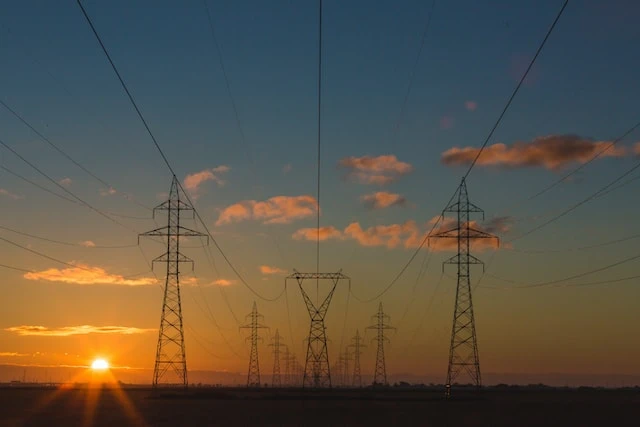Grid is Good: The Case for Public Ownership of Transmission and Distribution

Foto von Matthew Henry auf Unsplash
Common Wealth, 2023
The paper gives a comprehensive overview of challenges facing energy transmission and distribution networks in the UK in the wake of the green transition and makes the case for public ownership. As the report summarizes: "This report argues that underinvestment is a feature, rather than a bug, of the regulated private monopoly model of grid ownership and governance, which is unable to deliver the scale of investment and strategic coordination of deployment needed at the pace required. In what follows, we examine the impacts of this model of ownership and argue that it is ill-suited to the operation of this vital infrastructure and incapable of meeting the urgent challenge of building a decarbonised electricity system. We argue that this problem is not incidental but structural — a mechanical outcome of organising the ownership and operation of the grid around a fragmented set of privately owned monopolies whose ultimate mandate is to maximise profit for shareholders."
Comment from our editors:
The report is a thorough and comprehensive analysis of the situation facing the energy grid in the UK, which is impressive in terms of depth and specificity. Although procuded for the context of a specific policy debate in the UK, it provides valuable insights beyond this specific situation. This is true not only for energy grids in other locations, but also in relation to the more general question of the relationship between public and private ownership.
Go to: Grid is Good: The Case for Public Ownership of Transmission and Distribution
